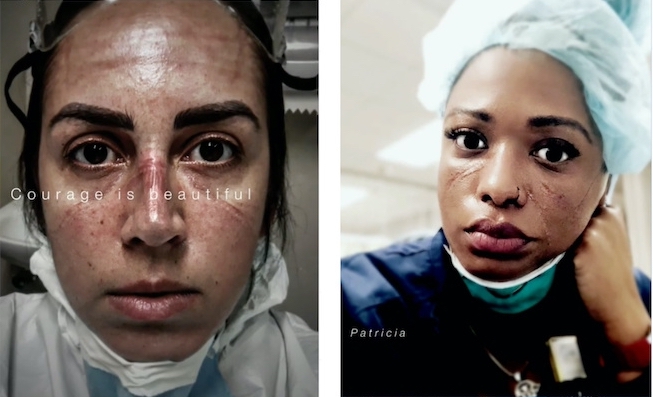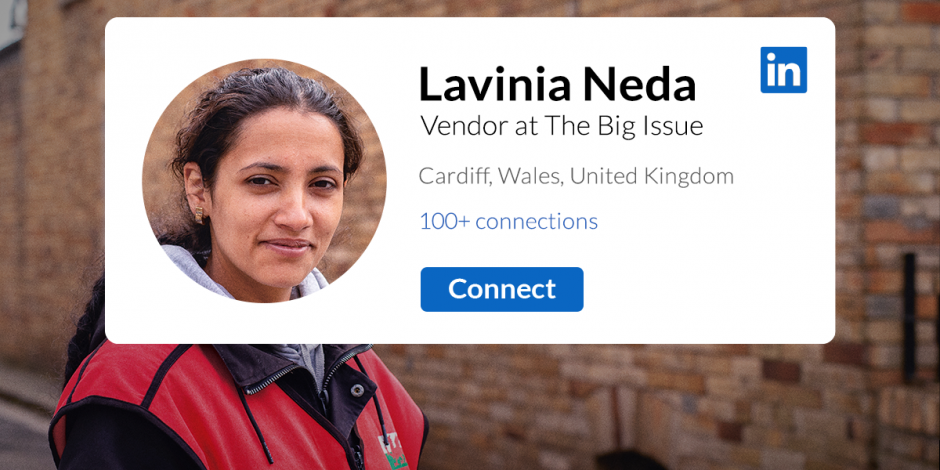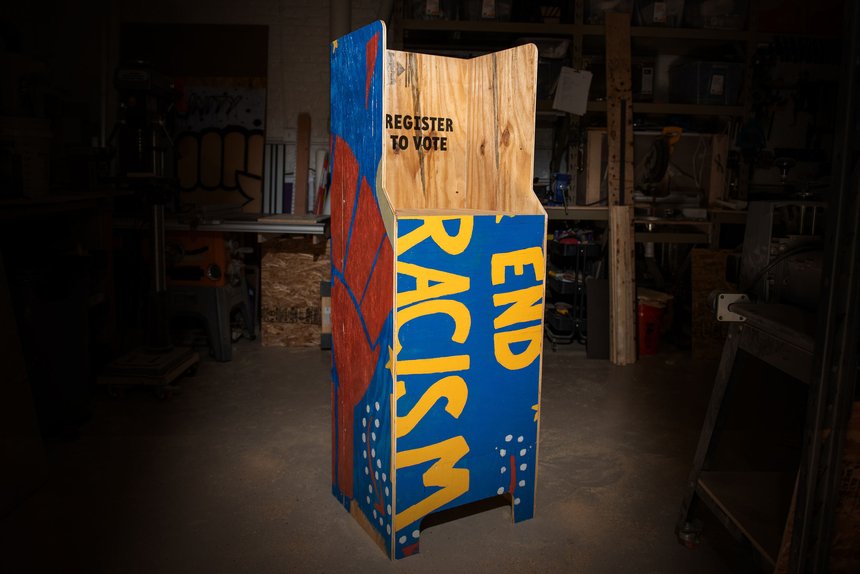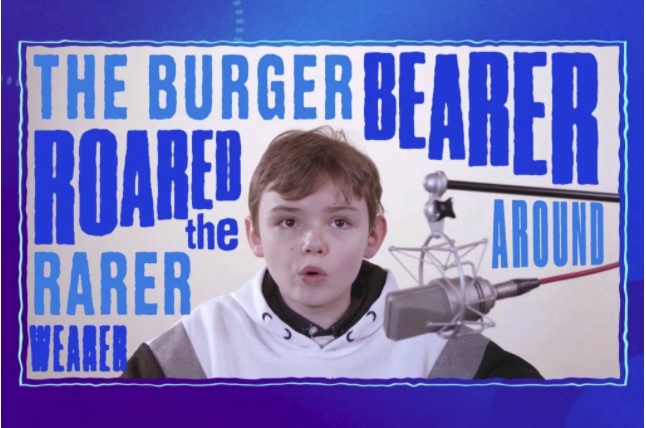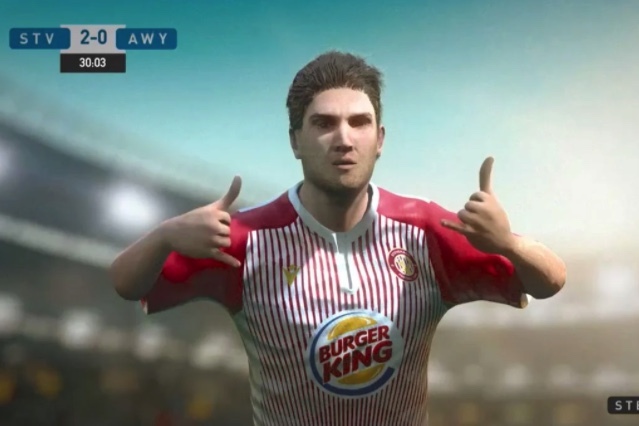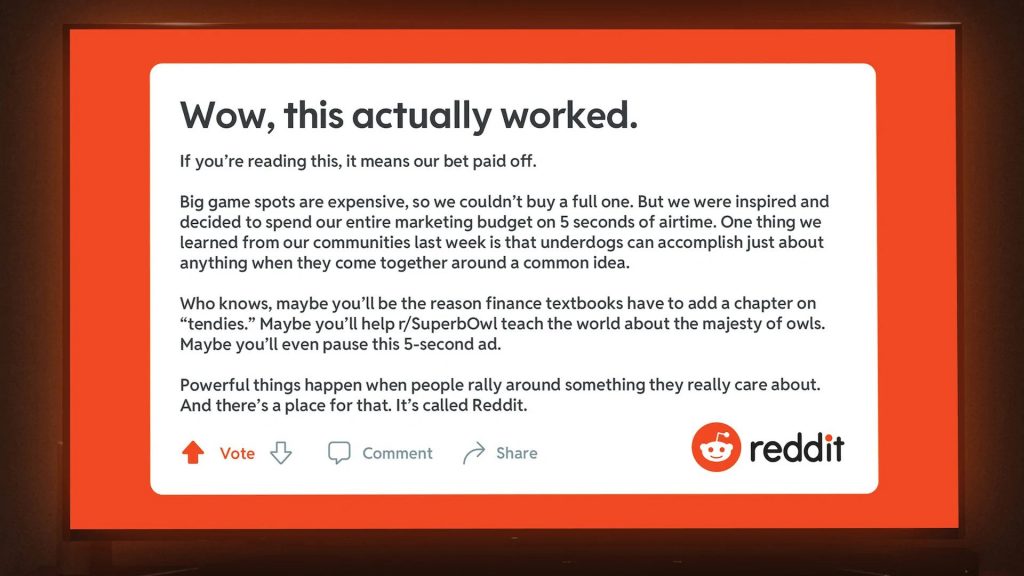Cannes returns with some new changes
Cannes Lions returned this week—albeit in virtual form with none of the typical rosé drinking and late nights at the Gutter Bar, though MediaLink hosted an in-person gathering in New York for 200 people with proof of vaccination.
The rules were a bit different this time around, with the eligibility period including both 2020 and 2021. (No awards were given out last year after the live event was canceled.) Judges had the option to award a Grand Prix per year for each category.
Overall entries were down by about 6% from 2019, despite two years of work being accepted, which is probably indicative of agencies being more cost-conscious coming out of the pandemic. It will be interesting to see if Cannes returns to normal next year, assuming the pandemic is under control, or if aspects of this year’s livestream version will stick. A virtual Cannes has the benefit of being accessible to more people—not just the senior agency and client-side executives who typically go.
Below are a few of the highlights. You’ll notice that purpose-driven campaigns driving social impact were big winners.
Pandemic-themed work dominates
Unsurprisingly, work that touched on COVID-19 and its aftermath was everywhere. Take Dove’s “Courage Is Beautiful” campaign from Ogilvy London and Ogilvy Toronto, which won a Grand Prix for Print and Publishing, as well as for Industry Craft. A tribute to frontline workers from April 2020, it shows real doctors and nurses with the imprints of masks on their faces after long days of wearing PPE.
Other work sought to make a difference and help people in need. Take Heineken and Publicis Italy’s “Shutter Ads” (an Outdoor Grand Prix winner), where the brand diverted some of its OOH budget to advertising directly on the shutters of closed bars in Argentina so they wouldn’t have to permanently shut down. The idea was exported globally and provided financial relief to about 5,000 bars during the pandemic.
Meanwhile, LinkedIn and FCB Inferno won a Creative E-Commerce Grand Prix for an initiative to help homeless and vulnerably housed people in the UK sell a newspaper about poverty and homelessness online. The pandemic had limited their ability to sell it on the street, threatening an important income source for many of them.
Why it matters: Award shows are increasingly likely to honor work that has a social impact instead of work that only pulls at our heartstrings, and consumers will follow. Research from Facebook showed that, on average, 28% of shoppers across 12 markets encouraged others to buy a product after learning about a business’ values, causes or practices.
Media’s big winners are purpose-driven
The Media Grand Prix awards were given to campaigns that tackled voting rights and child poverty, respectively.
The City of Chicago’s “Boards of Change” by FCB Chicago converted plywood that had been used to barricade storefronts during the city’s BLM protests into voter registration booths, which may have contributed to Chicago’s record voter registration and turnout last November.
Telenor Pakistan and Ogilvy Pakistan’s “Naming the Invisible by Digital Rebirth” involved partnering with UNICEF to provide a digital path to registration for 60 million Pakistani children who lack a birth certificate, which currently limits their ability to attend school and get medical care.
Why it matters: Since social justice issues are top of mind for regular consumers in addition to Cannes jury members, purpose-driven campaigns can help brands drive new customer acquisition and increase brand loyalty.
The rise of “Data for Good”
The sole Grand Prix in Creative Data was awarded to Warner Music Group and Dublin-based Rothco (part of Accenture Interactive) for an initiative that uses pop songs to help children with speech impediments.
Speech therapy typically requires kids to repeat nonsensical phrases that are stacked with challenging sounds, such as “t” and “ch,” but this can quickly become boring. The “Saylists” initiative analyzed 70 million songs to identify ones with the required repetition of certain sounds. Instead of doing a rote repetition of silly phrases, kids can sing popular songs like AJ Tracey’s “Dinner Guest,” which uses the “t” sound 13 times in one verse.
Why it matters: Beautiful data visualizations were dazzling when they started cropping up at SXSW and other events a decade ago, but despite growing talk of “Creative Intelligence,” there’s still skepticism that data and creativity can truly converge. When conceiving of consumer-facing data activations, brands should focus on initiatives that have a meaningful, measurable impact on specific populations.
A focus on sustainability
Various Grand Prix winners focused on promoting sustainability and highlighting the threat of climate change, including both Design winners.
London-based Superunion was recognized for its naming, brand strategy and visual identity work for a sustainable packaging brand called Notpla. Notpla is made from plants and seaweed and is fully biodegradable so as not to pollute the oceans. It can be used to replace plastic cups at sporting events and festivals, as well as sachets for condiments. (Since launching in 2019 at the London Marathon, it’s produced 400,000 sachets.)
The other Design Grand Prix winner was H&M with AKQA and Universal Design Studio, which launched an in-store recycling system called Looop that promotes circular fashion by transforming old clothes into one of eight ready-to-wear garments.
Sustainability also had a presence in other categories, such as Entertainment for Sport. Created by Africa DDB, the Finnish town of Salla, which sits above the Arctic Circle, launched a fake bid to host the 2032 Summer Olympics. The point was to highlight the imminent devastating effects of climate change if no action is taken.
Why it matters: More than 300 companies, including Google, McDonald’s and Walmart, have called on the Biden administration to nearly double the US target for cuts to greenhouse gas emissions. By incorporating sustainability into their marketing and external communications, brands can ensure that their position is widely known.
Honoring campaigns that gamed the system
One of the most awarded campaigns at Cannes was Burger King’s “Stevenage Challenge,” which won three Grand Prix (Direct, Social & Influencer and Brand Experience & Activation). It was an ingenious workaround that gave the brand massive exposure within FIFA 20 (the most popular soccer video game) without requiring it to spend millions on an endorsement from Cristiano Ronaldo.
Instead, it sponsored Stevenage, a team that’s perpetually at the bottom of the Premier League, which ensured that Burger King’s logo would appear in FIFA 20. From there, gamers were invited to sign the world’s best players to Stevenage (whereby the likes of Ronaldo would have Burger King on their jersey) to win free food.
Meanwhile, Reddit’s big bet on a five-second regional Super Bowl ad has paid off—winning the brand a Social and Influencer Grand Prix, in addition to going viral at the time of its airing. The ad itself was a simple screen that said, among other things, Reddit had spent its entire marketing budget on five seconds of Super Bowl airtime.
Why it matters: TV is still the biggest tent, but massively expensive relative to other media channels. Creative strategies that leverage digital and social to drive similar reach can deliver huge cost savings.
